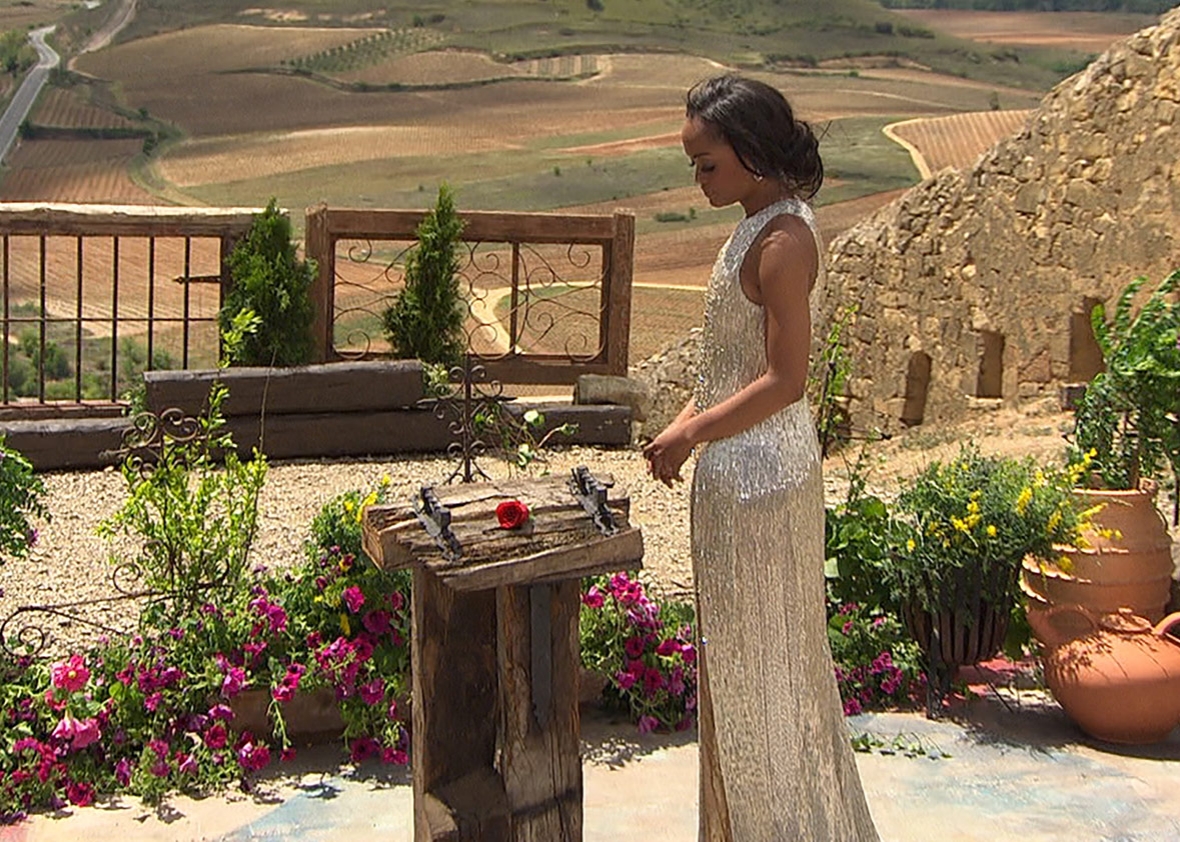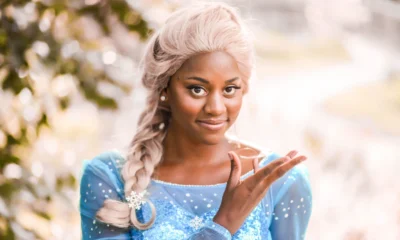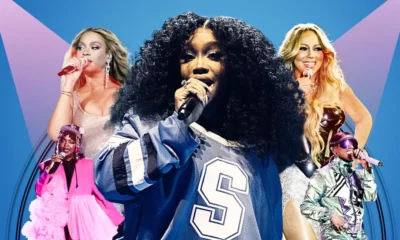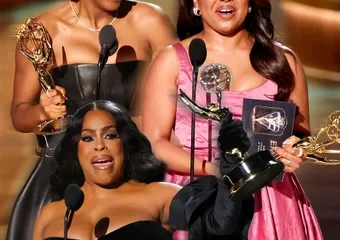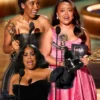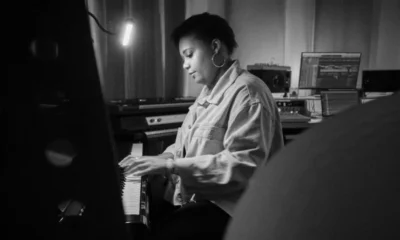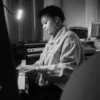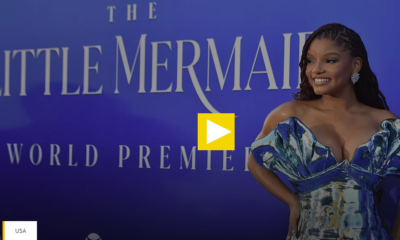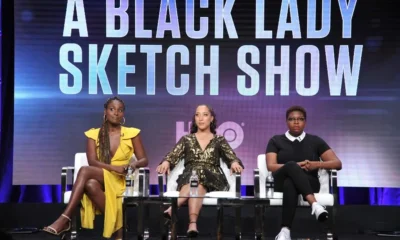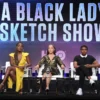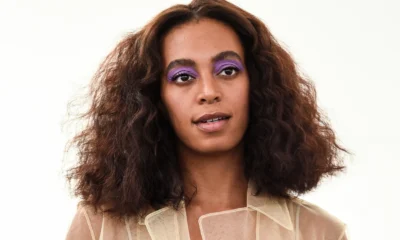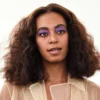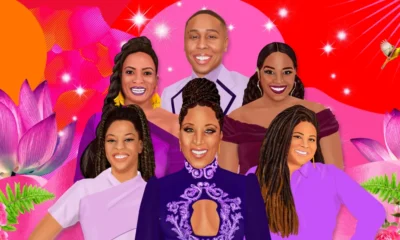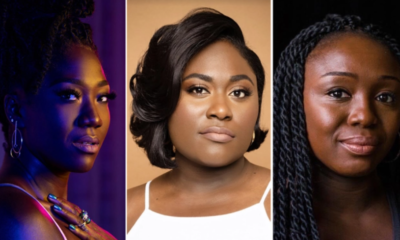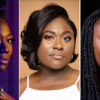Black Women in Entertainment
The Heartbreaking First Black Bachelorette
I hoped this season could find a way to change cultural perceptions of black love. I’ll be honest: I’m crushed.
This season, I tuned in eagerly to The Bachelorette to see if Rachel Lindsay, the first black and oldest—at age 31—bachelorette in franchise history, would find love. Like me, and other professional black women I know, Rachel had pursued degrees and career success while waiting for love. Like us, Rachel had spent several years waiting for commitment from men who were incapable of offering it. And like us, Rachel was cynical about the possibility of love, in part because of deep-rooted insecurities stemming from how infrequently black women see ourselves portrayed as viable love interests in pop culture. Prominent, educated black women are often framed, in the public imagination, as undesirable (too independent), unattractive (too masculine), or unattainable (too stuck up). And so I was hopeful that a cast promoted as “the most diverse” in franchise history would yield a bevy of beautiful black men who would vie for the affection of a bona fide dark-skinned black girl. Now it’s over, and I’ll be honest: I’m devastated.
Rachel Lindsay was clearly a strategic pick as the first black bachelorette. A Dallas-based lawyer and daughter of a judge, Rachel has all the trappings of upper-class white affluence alongside a black girl aesthetic and homegirl sensibility. She is black, but not black-black, not stereotypical black. She was recognizable to white women who related to her class experience and to black women who recognized her cultural cues. She seemed like the ideal female viewer surrogate on a show that otherwise erased race, with few consequences—a protagonist who could allow the show to satisfyingly portray black love without alienating white viewers.
Still, as early as the first episode, I began to feel skeptical. I was not alone. Black viewers expressed disappointment throughout the season about everything from racial “tokenism and tropes” to the implication that diversity equals black people assimilating into a mostly white world where there are no other black people. There were 11 black men in the original 31 contestants; after the first rose ceremony, there were only eight. The likelihood of a black love story began to dwindle from the beginning, and even though Eric Bigger, the charming pretty boy from Baltimore, made it to the final three, it was no surprise when he was eliminated at the start of the season finale. Over the course of the season, it became clearer and clearer that the decision to cast a black bachelorette was merely evidence of the network’s interest in pushing faux-colorblind love stories as fairy-tale fantasies; the show failed to account for the…
Please read original article- The Heartbreaking First Black Bachelorette



